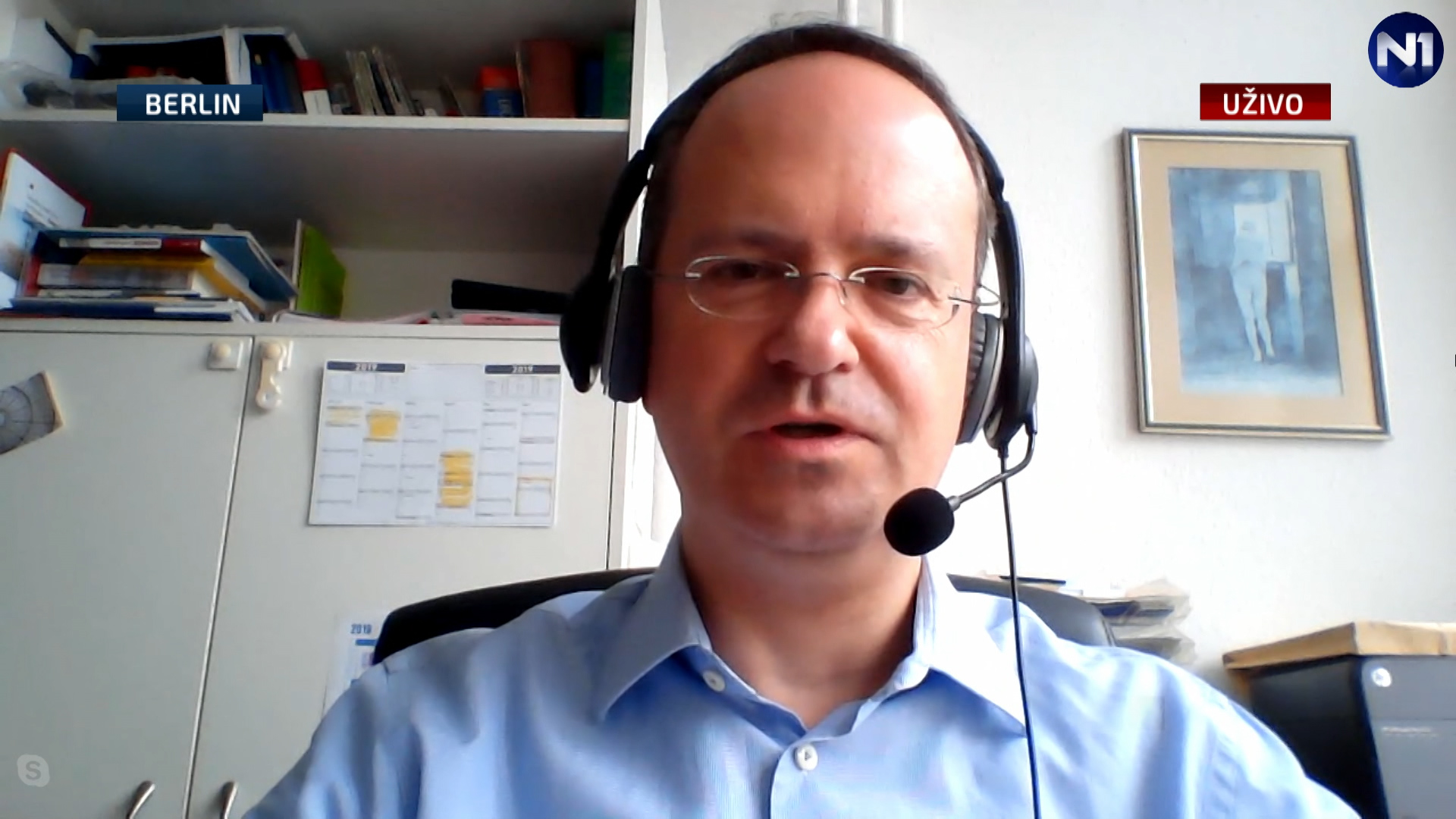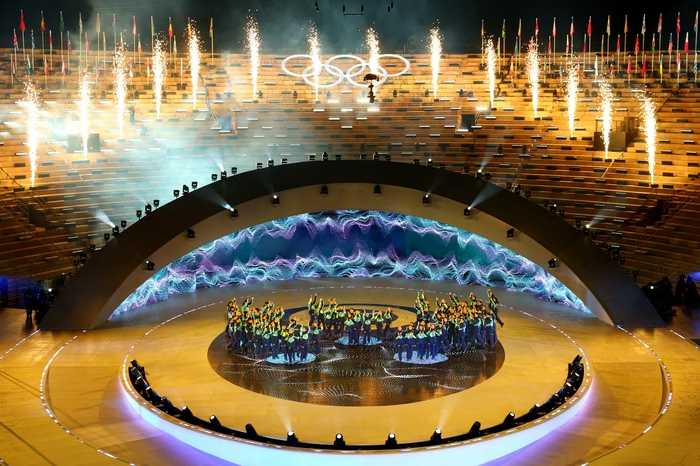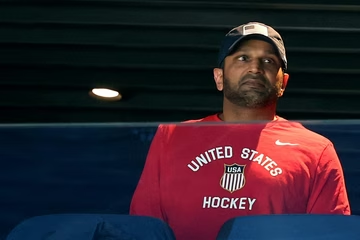German analyst criticizes EU's Wigemark for meddling in Bosnian politics

German political analyst and Balkans expert Bodo Weber criticized the European Union's Special Representative to Bosnia and Herzegovina Lars-Gunnar Wigemark for meddling in the recently signed agreement on the formation of Bosnia's government - calling it 'unclear and untransparent' as to what it actually means and what was agreed.
Oglas
We see that it contains some essential programme and political differences. The document does not shed any light on the issue of the Election Law, which Mr Covic insisted on, nor does it clearly say anything about the NATO. The days and weeks to come will show whether this is truly an agreement that will lead to the formation of power or whether it was a product of a desire for armchairs, as has always been the case in Bosnia, or is it just a dead letter," Weber told N1.
The leaders of the three main national, ethnic-oriented parties, the Bosniak Democratic Action Party's (SDA) Bakir Izetbegovic, Serb Alliance of Independent Social Democrats' (SNSD) Milorad Dodik and the Croat Democratic Union's (HDZ BiH) Dragan Covic signed an agreement Monday on the principles for the formation of the government in Bosnia after the October 2018 general election.
The reason why the government was still not formed is the level of cooperation with NATO and Bosnia's accession to this alliance.
Oglas
The signing ceremony and the talks before it were attended by European Union's Lars-Gunnar Wigemark whom Webber sharply criticised.
“The EU's previous policy was not to meddle in internal politics. Mr Wigemark has completely stepped out of the EU's official policy framework and directly meddled in the formation of the ruling coalition, at the end of his mandate,” Weber stressed.
He argued that the EU has had a wrong approach towards Bosnia for the past 15 years.
"This may be the most open interference in the daily political affairs in Bosnia in the past 15 years. Convening a meeting to form a government is really not and should not be the role of the EU Special Representative," Weber concluded.
Oglas
In the said document, party leaders reaffirmed the existing consensus on the importance of Bosnia’s progress on the EU and NATO paths.
However, only hours after the signing ceremony, the signatories, as well as opposition parties from all sides, started interpreting the agreement differently and disagreeing over its contents.
Earlier on Wednesday, the US Embassy in Bosnia also expressed uncertainty as to what the agreement means, citing earlier disagreements in its interpretation by the signatories themselves.
Kakvo je tvoje mišljenje o ovome?
Učestvuj u diskusiji ili pročitaj komentare
Oglas
Kakvo je tvoje mišljenje o ovome?
Učestvuj u diskusiji ili pročitaj komentare
Oglas





 Srbija
Srbija
 Hrvatska
Hrvatska
 Slovenija
Slovenija



























































